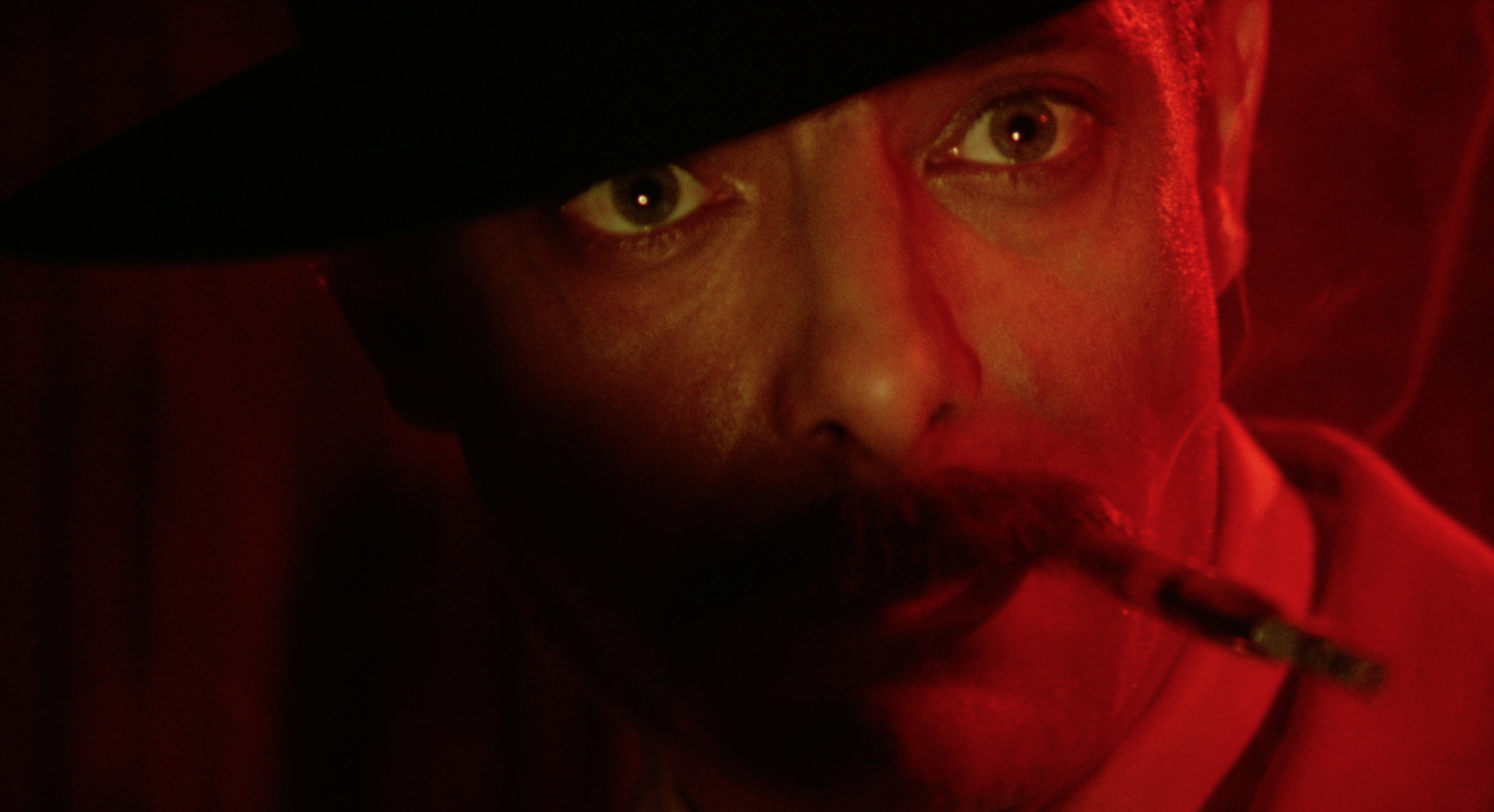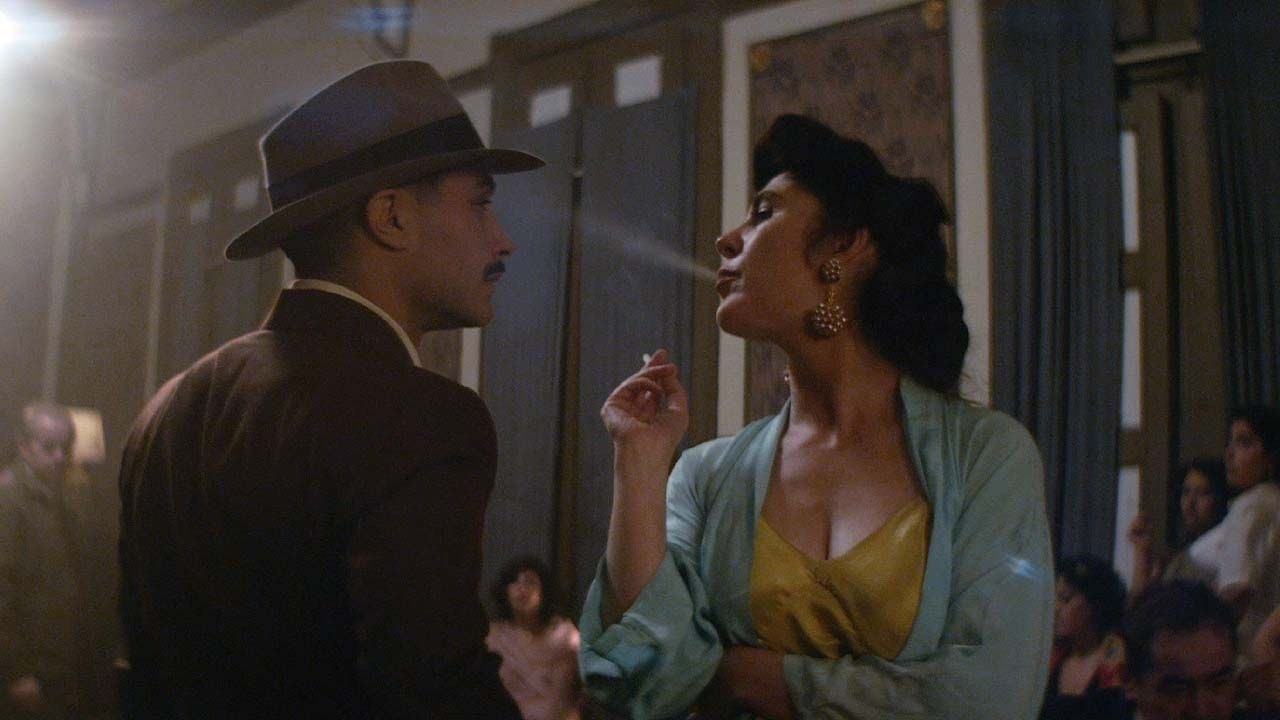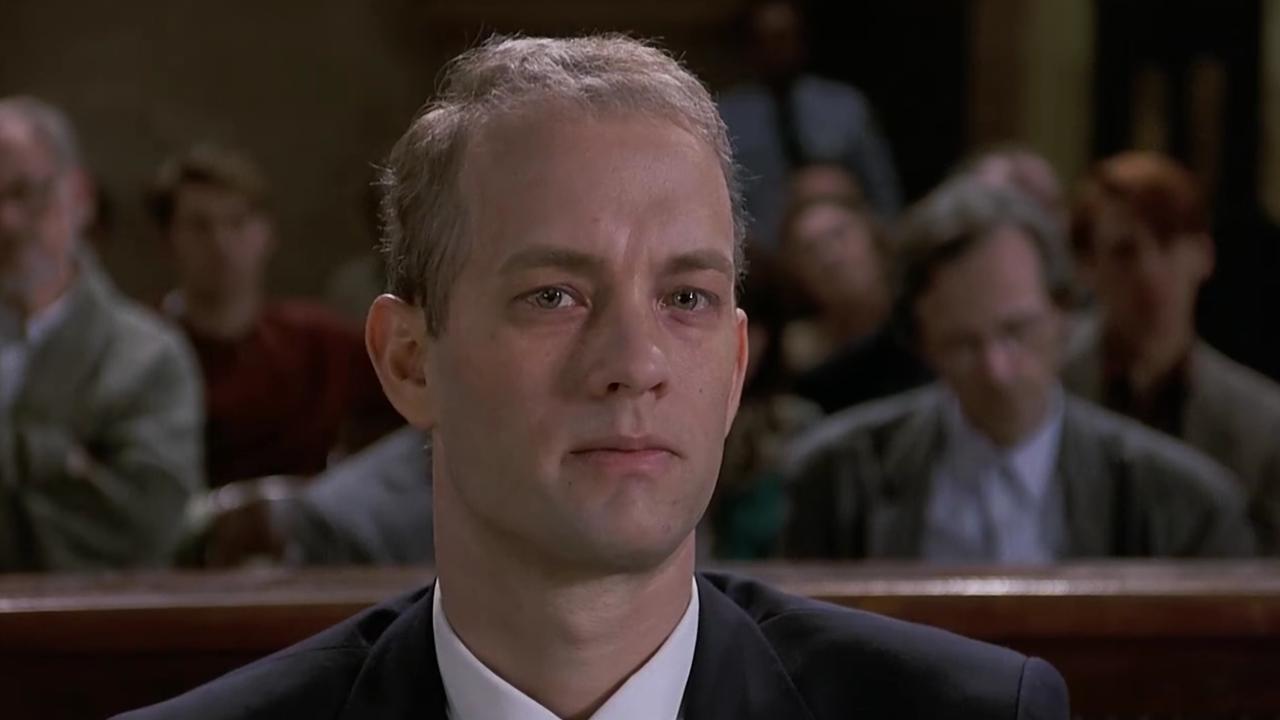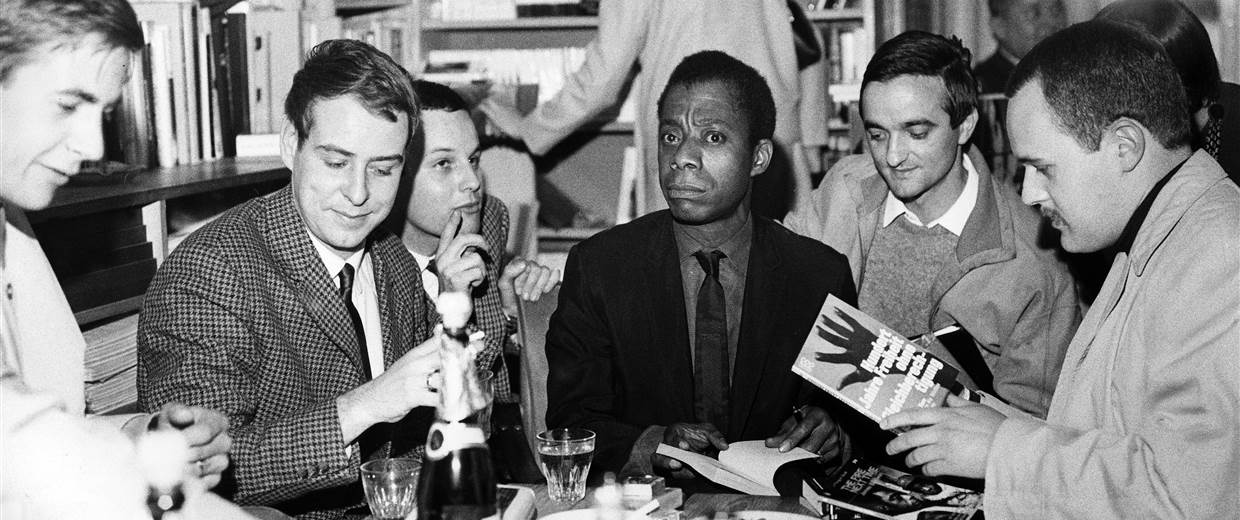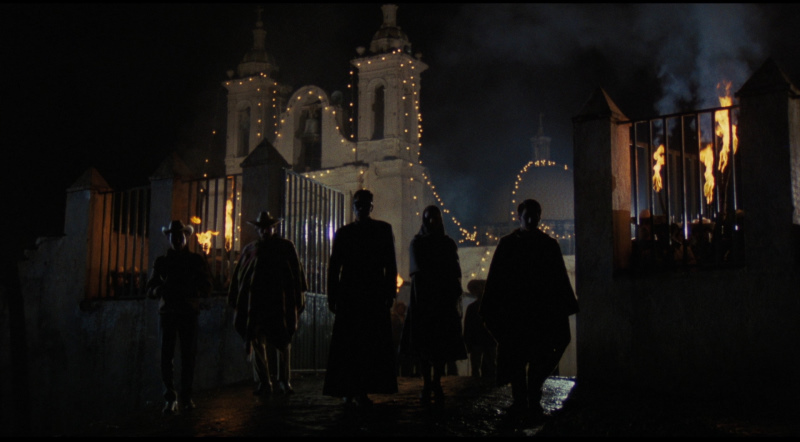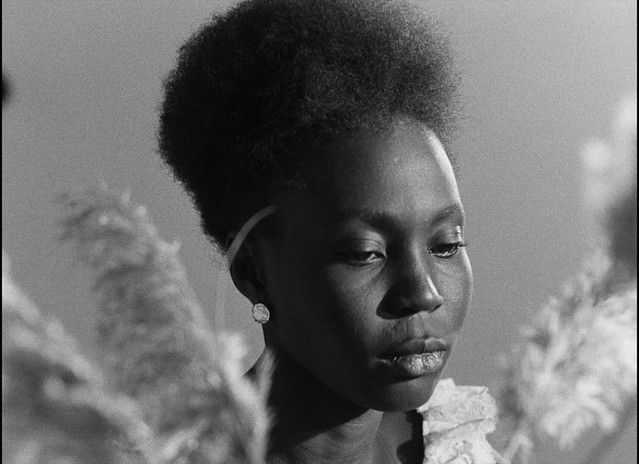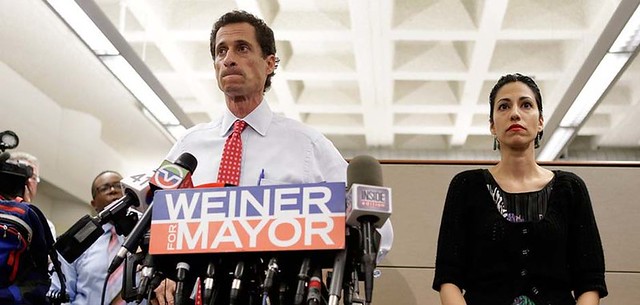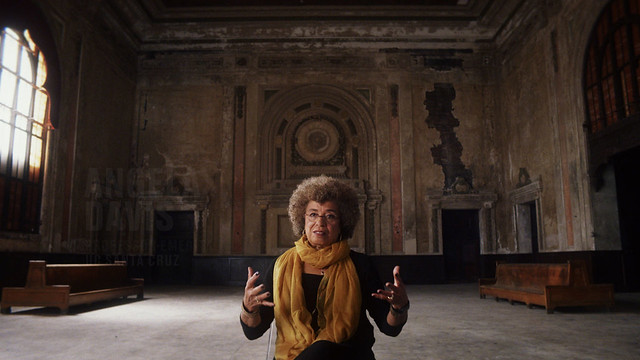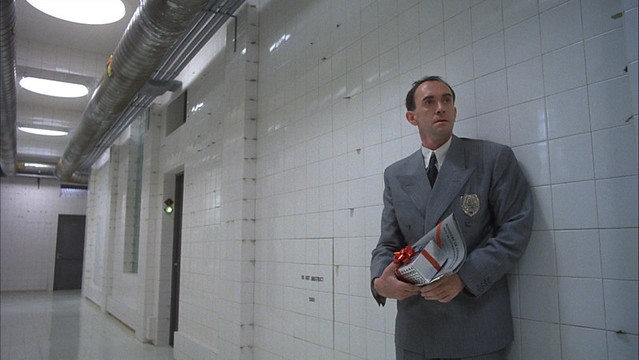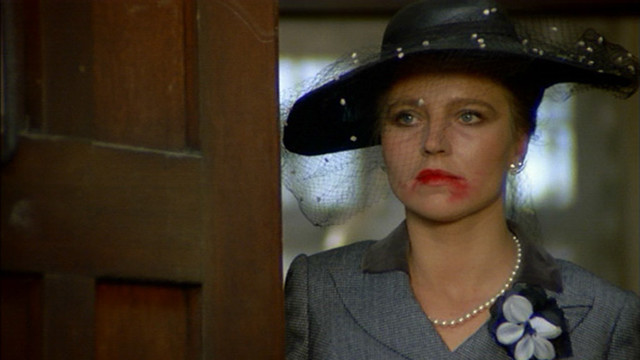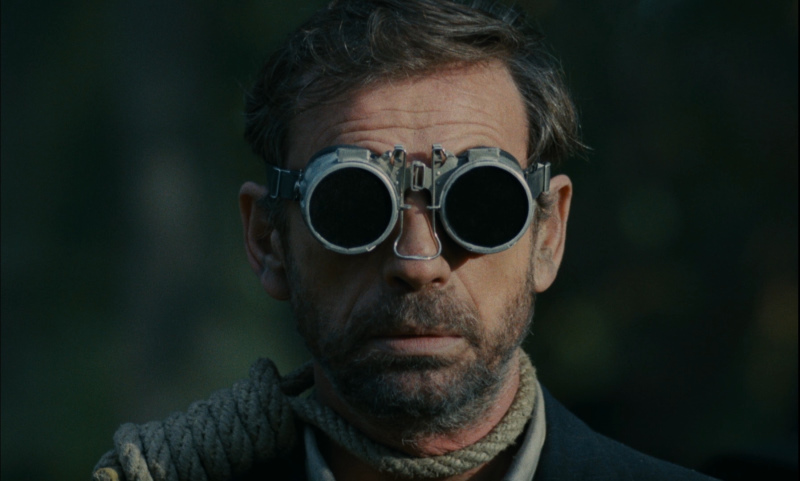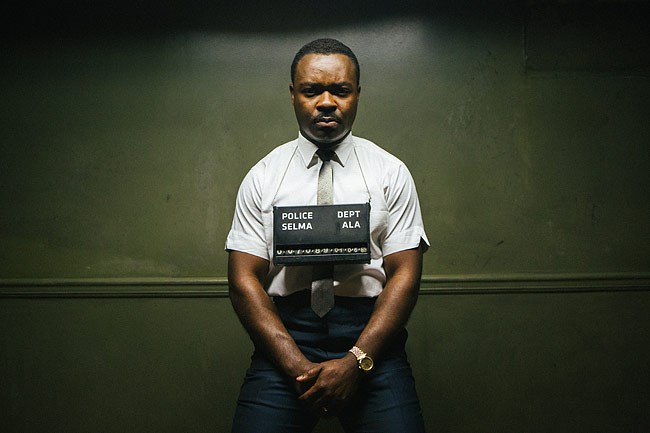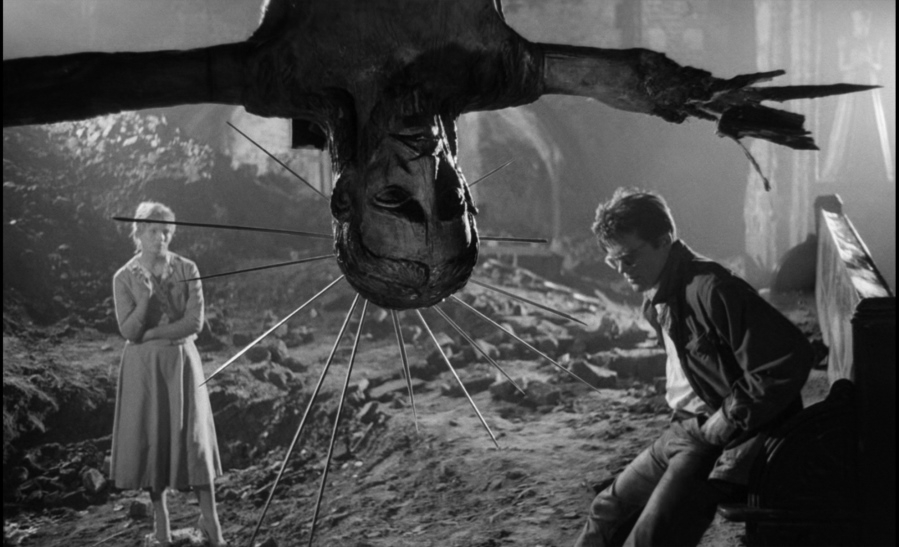I finally watched a Lina Wertmüller film! And now I want to watch ALL of the Lina Wertmüller films! Why did I wait so long? I really want to give The Academy credit for nominating this film for four awards including Best Director. I get that it thoroughly checks off that "holocaust" box that Oscar Voters love so much, but it does it in such an audacious and radical way. Or maybe I'm just observing things from the perspective of today. In the 70's, you could simply say that Nazis and Fascism were bad because they are bad. Today, saying such things will get you branded as Anti-Fa. Funny how a film can become MORE radical with age! And that's not even taking into account all of the gender issues at play here. Brava, Lina!
Showing posts with label political. Show all posts
Showing posts with label political. Show all posts
Monday, January 1, 2018
Thursday, August 24, 2017
Shin Godzilla (2016)
A film does not have to be grim and gritty to be grounded and realistic. This reboot is miles away from the insanity of something like Invasion of Astro-Monster, while also not falling under the 'blink and you missed it' approach of Gareth Edwards' Godzilla. Like the original 1954 Gojira, this is a film about Japan right now with images that recall Fukushima and the earthquake that preceded it. This is a film about how we handle a disaster. It's about a group of people trying to do the right thing in a completely uncharted situation. There is no bad guy. Everyone is just doing their best. Yes they make some big miscalculations, but this is a situation that nobody could have prepared for. Not even the giant lizard destroying Tokyo is really bad. He's just doing his giant lizard thing. In a world that's so full of darkness, it's nice to see something...hopeful?
Labels:
craig,
giant monster,
political
Monday, August 21, 2017
Neruda (2016)
The best films are films that could not exist in another medium. If it can be written as an essay, it should be an essay. If it could be staged as a play, then it should be staged as a play. I don't know if I simply lack the skill or insight, but I cannot seem to put into words what Neruda is doing. I understand it and it provokes fascinating thoughts in me about art and politics, but there is no way I could ever rightly put them into words. It would be a bunch of scattered thoughts with no center. Perhaps Pablo Neruda could have done it. Pablo Larraín certainly did it with this beautiful film.
Labels:
craig,
drama,
historical,
political
Monday, May 22, 2017
Philadelphia (1993)
I wish I had seen this film when it first came out. As the son of a huge Bruce Springsteen fan I was certainly aware of it, but I didn't actually seek out and watch it until five or so years ago. And while both viewings moved me greatly, I also felt like I was watching AIDS, homophobia and bigotry 101. I was watching this film in an After Ellen world where HIV/AIDS is still incurable, but it is also no longer a death sentence. It's amazing how fast the world can change.
It's also amazing that it took thirteen years for Hollywood to address this plague. I get that the GOP was ignoring it because they were fine with it killing off gay men and IV drug users, but homosexuals have formed the bedrock of the entertainment industry since forever. Why did it take active protesting of the Oscars and of hit films like Silence of the Lambs and Basic Instinct to get the Coastal Elites on board?
Philadelphia remains an important film worth watching for its strong performances and Demme's compassionate direction, but more so than anything it is a reminder of how slow to action even the most progressive people can be when there isn't someone actively pushing them to do right. If you want to get something done, you can't be silent.
Monday, May 8, 2017
I Am Not Your Negro (2016)
Insane that a piece conceived decades ago is still relevant today. It's what happens when you choose to ignore a problem rather than confront it. You call something a "riot" rather than an "uprising" or "protest" so that you can diminish it and write it off. When you treat a tragedy as a one-off, rather than a symptom of something greater, you diminish our ability to get at the heart of the disease. Bury your head in the sand all you want, but there is something gravely wrong with this country and the issue of race. Having a black President for eight years allowed us to further the delusion, and look where that got us! The information in this film is not new. We just need to finally accept what it is saying and look within ourselves. Otherwise, what hope is there for a brighter tomorrow?
Labels:
craig,
documentary,
political
Monday, April 24, 2017
Z (1969)
Man that ending still packs a whallop. When I first saw this film a few years ago, it took me by absolute surprise. In a Trump/Brexit World, it's a painful reminder that sometimes the polls are wrong. Sometimes the bad guys win. There is no reassurance to be found here.
They say that films where the characters hold back tears are more likely to elicit tears from the audience. Here, Costa-Gavras is holding back Revolution in hopes that it will inspire the audience to start one. "Any resemblance to actual events, to persons living or dead, is not the result of chance. It is DELIBERATE."
Thursday, April 20, 2017
Canoa: A Shameful Memory (1976)
I really appreciate how this film takes its time. It appreciates the importance of building to a climax. But it also appreciates the importance of a good tease. That opening where the reporter is taking down the bare bone facts of the story is a master stroke. It satiates the impatient viewers by letting them know where things are headed, while also building a sense of dread into every moment that follows. There are no happy scenes because we know what is to follow. Innocent questions of who will stay and who will go are imbued with life or death stakes. Even unintended things like the priest's glasses and that PA system give unintended dread by conjuring Jonestown two years before it even happened. Movies don't get much more horrific. And it is all true.
Thursday, February 16, 2017
Black Girl (1966)
Straight and to the point. This is European colonialism in a microcosm. If the ending takes you by surprise, you weren't paying attention. It's not overt racism that does the real damage to someone's self-worth. It's indifference and self-interest that hold an entire People back from their true potential. Racial slurs and physical violence are certainly abhorrent and hurtful, but a lifetime filled with people taking advantage of you simply because of your situation, combined with others who are either indifferent to that situation or who do only the bare minimum, is what can really destroy a soul.
Monday, November 7, 2016
Weiner (2016)
The fact that this documentary exists is insane. But it's also kind of the point. This is a portrait of a man so drunk on power that he believes he can get away with anything. This is a portrait of a man who cannot tell when it's over. So of course he allowed cameras to keep filming his zombie campaign. I get the impulse to counter the mainstream media story by allowing people to see "the real Anthony Weiner", but how can you be so blind as to not realize the way you are coming off in all this candid footage? I don't even know if Donald Trump has that much ego! As head-shaking and vomit inducing as this whole mess is on a personal and political level, it sure does make for riveting and fascinating cinema. Oh and if you're reading this on the day that it posts, please go out and vote tomorrow.
Labels:
craig,
documentary,
political
Thursday, October 13, 2016
13th (2016)
There is no room for ambiguity in this documentary. Ava DuVernay has a message to impart and she wants to make damn sure that you get it. While she never resorts to Michael Moore narration or Errol Morris recreations, the bravura editing by Spencer Averick (obviously under DuVernay's direction) makes damn sure that nothing is lost on anyone. A single cut can bridge 150 years and help us to better understand how we got into this mess in the first place. Sure it's unsubtle, that's deliberate. DuVernay knows how important it is to pick the right tool for the job. If you want to carve the statue of David, you use a chisel. If you want to tear down the Prison Industrial Complex, you use a sledge hammer. I'm glad that this film is on Netflix so that it can be seen by as many people as possible because this is a documentary for right now.
Labels:
craig,
crime,
documentary,
historical,
political
Monday, June 27, 2016
Brazil (1985)
Early in their friendship, Peter Bogdanovich confided to Orson Welles that he wasn't too fond of the legendary auteur's adaptation of Franz Kafka's The Trial. Years later, Orson informed Peter that he had intended the film to be a comedy. Viewed in this light, Bogdanovich was much better able to appreciate the pitch black comedy at the heart of Welles' bureaucratic nightmare. No added context is needed in order to appreciate Brazil. The comedy is right there at the surface. How can you not find humor in all the paperwork and Rube Goldberg technology? It's all so wild and whimsical that the horror is able to really creep up on you. True evil doesn't come at you with a bunch of gloom and doom. True evil comes at you with a smile that looks as jolly and well-meaning as Michael Palin's.
Thursday, June 16, 2016
The Marriage of Maria Braun (1979)
For better or worse, when you make a period piece you are judging the past. Often the judgement is positive. Weren't things so much better back in the day? This rose colored perspective almost always ignores the various horrors that were going on during the time period in question. As a German man born almost immediately after the end of World War II, Rainer Werner Fassbinder has nothing good to say about the past. Using Maria Braun as a stand-in for the entire country, Fassbinder paints a very bleak portrait of post-war Germany. Not only is Maria an opportunist who will do anything to move forward financially, she also continues to carry a torch for her missing/imprisoned Nazi husband. An entire Nation doesn't just suddenly change their prejudices or impulses overnight and the "progress" of today is often built on a rotten foundation. We are forever wedded to the past. Fassbinder never wants us to forget that.
Thursday, July 23, 2015
State of Siege (1972)
Essentially this movie is a dialogue. Like The Confession before it, this film is primarily built around two people talking. But don't assume that this is some sort of My Dinner with Andre situation. This is not idle chit-chat between friends. This is a conversation about socio-political issues that are still relevant today. This is a conversation where lives hang in the balance. But even the most serious conversation can be difficult to dramatize cinematically.
Earlier this month I watched Judgement at Nuremberg. While I agree with what the film is about and as much as I love the performances in it, I found it a bit clumsy in the telling. It too is a film about conversation. Like State of Siege it is based around the idea of two conflicting viewpoints butting heads. But in order to give context and flesh-out its characters and narrative, it resorts to what I like to refer to as, “train-car structure”. You open with a scene of Spencer Tracy out and about in Nuremberg, then you get him in the courtroom for a long while, then out and about again, then back in the court room. The film proceeds like this right through to the end. An endless train of alternating scenes that alternate between boring and fascinating.
Sometimes this structure can work, but it is very difficult since you are continually stopping and starting your narrative. Just as soon as something is getting interesting, you cut away to something else and have to build up audience interest all over again. You lose momentum. What makes State of Siege so interesting, is that it manages to integrate the exposition right into the narrative. Costa-Gavras trusts that his audience is capable of absorbing various bits of information simultaneously. Interrogation and exposition weave in and out of each other effortlessly and are often occurring at the same time. While less hyperbolic, this is very much a proto version of the hypertext style Oliver Stone would be worshiped for employing in films like JFK and Natural Born Killers. It’s also hard to imagine Steven Soderbergh pulling off something like Traffic without the influence of Z, The Confession, State of Siege and Missing.
I’ve said it before and I’ll say it again: Costa-Gavras is one of our great filmmakers and should be honored as such.
Thursday, July 2, 2015
The Confession (1970)
Despite the fact that Costa-Gavras now has four films in The Criterion Collection, I feel like he has become one of the forgotten auteurs. Though he's still making movies to this day, his name is not one that comes up often in conversation. Why not? His cinema is exciting, nuanced and has something to say. So what is not to like? Is it the fact that the political issues under examination in his films are considered to be the product of a bygone era? So are the politics of Godard! In fact the politics of Godard are even more obscure. A film like Made in U.S.A. is nearly impenetrable without at least a working knowledge of the long since forgotten Mehdi Ben Barka affair. Gavras does not require his audience to have intense knowledge of forgotten scandals in order to enjoy his work. The films give you everything that you need. Even Z, which was based on the 1963 assassination of the Greek politician Grigoris Lambrakis, can be understood fully without that foreknowledge. In this way, Costa-Gavras is eternal. Hopefully the recent home video releases of The Confession and State of Siege will prompt a new generation to embrace this forgotten master.
Thursday, January 22, 2015
Selma (2014)
Throughout this film I found myself thinking about skin and I'm pretty sure this was intentional. In addition to being gorgeous, Bradford Young's un-Oscar nominated cinematography also serves an important narrative function. As a man of color, he knows how to light various skin tones in order to bring out all the texture and nuances contained within darker complexions. And as a filmmaker of color, director Ava DuVernay knew that highlighting said textures and nuances would be an important tool in telling this particular story.
We have all stared at our own skin and taken note of the little wrinkles, blemishes and scratches that make us who we are. It might come in different shades, but we are all covered in it. This is precisely what blackface and minstrel shows attempted to drive out. If you turn an entire group of people into pitch-black, red lipped creatures, then it is extremely easy to label them as not human, deserving of ridicule and unworthy of basic inalienable rights. They are no longer seen as human.
By taking the time to properly light the rainbow of skin tones that comprise this cast, the filmmakers are insisting upon the humanity of all involved. This way, when people are bludgeoned and murdered we as an audience feel it because we can imagine those things happening to us and to our skin. And perhaps most importantly, it reminds us that the great deeds in this film were not done by comic book superheroes sent to earth in order to save us. The battle in this film was won by flesh and blood human beings, just like you and me. And we can do it again.
Labels:
craig,
drama,
historical,
political
Thursday, July 24, 2014
Ashes and Diamonds (1958)
As America can surely attest, it’s a lot easier to start a war than to end one. Pull a trigger, press a button and you are off to the races. Stopping a war is a much more complicated process. Signing a treaty does not bring the dead back to life. It also doesn’t change the fact that war has become a way of life for all of those involved. If the war has gone on long enough, it might be all that young people know. They haven’t been able to experience the wonderful and awkward moments of adolescence. It’s hard to worry about something as seemingly insignificant as acne or dating when the more pressing issue of survival is hanging overhead. And then the war stops. Suddenly you can take the time to enjoy the company of a nice young lady. You can flirt and make love. But just below the surface all the awful muck of the past lies in waiting. And when you’ve become accustomed to taking orders, it is hard to stop. Though World War II ended nearly seventy years ago, we are still dealing with its fallout today. There are no clean breaks.
Monday, June 30, 2014
Good Night, And Good Luck. (2005)
Is this movie a fluke? Of the four films in George Clooney's directorial filmography, this is the only one that can unequivocally be described as a success. Who would've thought that between Clooney and Affleck, Ben would be the bleeding-heartthrob with stronger cinematic chops? Everything about this film is so on the mark (acting, directing, writing, cinematography, music, costumes, editing, production design) that one would think it the harbinger of a seriously important career. Instead it has been followed by the wildly off the mark one-two punch of Leatherheads and Monuments Men. I guess it's at least admirable that he's tried something different every time out of the gate rather than just repeating a successful formula, but...maybe he should? Oh well, at least we have this one. Good night, and good luck.
Monday, February 10, 2014
Three Kings (1999)
The fall of 1999 was a big turning point in my life. It was the start of my sophomore year of high school and I had just joined an after school arts program that would eventually take over the rest of my high school experience. It was a transitional phase between one group of friends and another. During this brief window of time I read two very formative books (Breakfast of Champions and The Catcher In the Rye), discovered albums like Weezer’s Pinkerton and Led Zeppelin’s Houses of the Holy and saw lots of really good movies. I particularly remember watching Fight Club the night before I took the PSAT and American Beauty immediately afterwards.
In addition to all the other ways my life was changing at the time, 1999 was also the beachhead of my political awareness. I took to progressive politics with the fury of a Catholic convert. I wrote editorial for the school paper questioning the official story of The Kennedy Assassination and a term paper on how Malcolm X was a personal hero! Within a year I would be attending Nader rallies at the Long Beach Arena. As such, Three Kings was a great film to see at this time. David O. Russell crafted the perfect film for my burgeoning political awakening and my already deeply entrenched love of cinema. This movie was funny, the filmmaking was admirably showy, the action was intense and the humanist message was overwhelming. When I received my first DVD player as a birthday present the following fall, this and American Beauty were the first two discs I got. Perhaps it's time to upgrade it to Blu-ray...
Thursday, January 23, 2014
On The Waterfont (1954)
Though it’s not on my personal list of great films, On The Waterfront might be the greatest film of all time. I know that might sound weird coming from a pinko, commie, hippie like myself, but just hear me out. I know the history of this film. I am aware that it was made as a justification for director Elia Kazaan and screenwriter Budd Schulberg’s decisions to name names before the House Un-American Activities Committee in 1951. I am also aware that their testimonies ruined the lives and careers of people just trying to make a living in an already tough industry. I know all of this, and yet I still really like this film. It’s not like The Birth Of A Nation of The Triumph Of The Will where we are supposed to overlook the horrendous subject matter and instead focus on the craft. No aesthetic remove is necessary in order to enjoy this film. At its most basic this film is a supremely human story about dashed hopes. This is a story about disillusionment. Though I absolutely deplore the decisions that Kazaan and Schulberg made, through watching this film I can absolutely understand the emotions that lead to those respective decisions. And that is why this is a great film.
Thursday, December 5, 2013
Seven Days In May (1964)
After The President (Fredric March) signs a nuclear disarmament treaty with the Soviet Union, members of the Joint Chiefs of Staff begin plotting a coup d'etat.
* * *
Though I wouldn't go so far as to call this film a masterpiece, I love it for all the ways in which it deviated from the expectations set by its star, writer, director and subject matter. I went into this film expecting an unbelievably taught John Frankenheimer thriller (ie: The Manchurian Candidate), with a twist ending (courtesy of Twilight Zone creator Rod Serling) and lots of overly sincere, bleeding-heart speeches by liberal do-gooder Kirk Douglas. What I got instead was a rather calmly told and very well-articulated defense of our political process. There are even large chunks of this film where Douglas is nowhere to be found! And while the title alone might suggest a countdown to some sort of BIG moment, this film opts instead to end on a quiet note of subtle victory. As someone who watches lots of films, I live for little surprises like this. Hopefully reading this won't saddle your first viewing with unrealistic expectations....
Subscribe to:
Posts (Atom)

